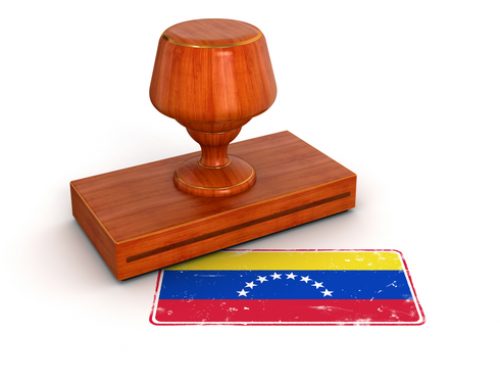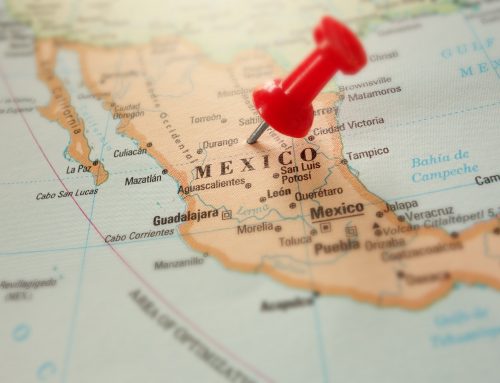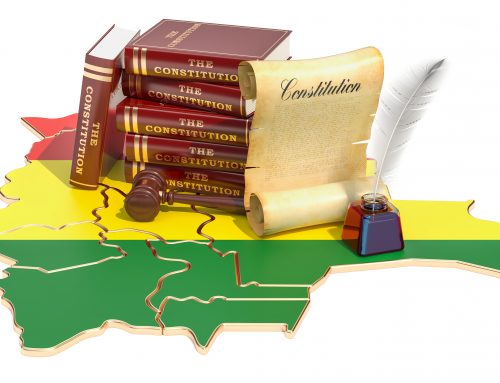
For the ones who doesn’t know what Pokémon Go is, we can summarize it as an augmented reality app produced by Niantic, the game has been a success and has grown worldwide with over 500 million downloads.
This is the first game that combines real and virtual objects in a real environment. The game consists of monster-like characters called “Pokémon” which players try to catch by throwing a “poke-ball”, through augmented reality, the game encourages players to interact with their environment using realistic maps of their surroundings that highlight or tag landmarks, monuments and public buildings.
Niantic is using data from Google Maps and a user-generated tags collected from an earlier augmented reality game called Ingress, in order to identify real-life spots for their players. This is a great feature for the users of this game, but many people have started to question the legacy of the information, how is obtained and use. One of the questions arising from the game have centered around privacy, and intellectual property (IP).
This is an example that the WIPO highlighted, ¨the game relies on user-generated content to populate the “Pok” world with locations and points of interest, but who owns that content? And perhaps more importantly, do individuals have any right over virtual spaces? Could someone object to their house being used as a Pokémon gym on IP grounds? ¨.
There’s has been already cases where people are annoyed because of the liberty of the game, like Boon Sheridan’s, a web designer whose house was tagged in Pokémon Go as a gym. Mr. Sheridan lives in an old church; the location had been marked as a church in an old database. When the game was release, people started hanging around his house. He expressed his frustration on Twitter, saying “Do I even have rights when it comes to a virtual location imposed on me? Businesses have expectations, but this is my home.” Thanks to his experience people starting questioning about their citizen and Intellectual property rights in the virtual world.
What people doesn’t know is that the content of databases can be protected under copyright law as a literary work, in Latin America, United States and some countries of Europe. According to the WIPO, The Copyright, Designs and Patent Act of 1988 (Section 3A) defines a database as a collection of independent works which “are arranged in a systematic or methodical way” and “are individually accessible by electronic or other means”Nevertheless, the rights for databases are held by the creator of the database and do not cover the interests that the owner of a physical space may have over data held about a particular property or location.
There’s no doubt that augmented reality is going to spread worldwide, and many applications are going to be created around geo-tagging and implemented on areas such as wearable technology, car displays and Internet devices, etc.
Intellectual Property institutions and organizations, need to start thinking about new ways to help businesses and individuals safeguard their data. On the meanwhile, we will suggest that you protect your databases as copyrights in order to avoid future litigations or disturbs.




